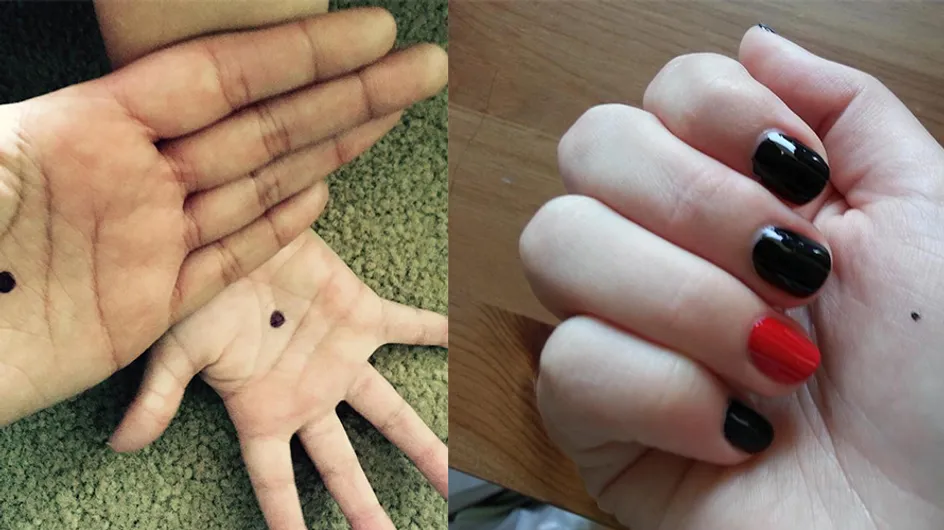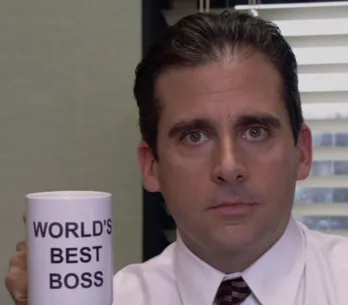A new campaign has been launched to allow those suffering from domestic abuse to silently ask for help. Victims are encouraged to draw a simple black dot on the palm of their hand as an indication that they are in trouble and need help. The hope is that the right person - doctors, police, teachers, family, friends - will see the dot and instantly recognise it as a plea for help that cannot be stated aloud.
The creator of the initiative, a survivor of physical, sexual and emotional abuse herself, states that “so many people people suffer in silence because they cannot ask for help”, which served as her inspiration. Within a week the movement had gone viral.
Plenty of people have praised the campaign; one user wrote on the Black Dot Movement Facebook page: “I'm a survivor and I think this is so simple yet so effective. A wave, a handshake or even passing money at a till could all be windows to an escape.”
Yet it’s not without its flaws. Without the dot being prominent, it can be fairly easy to mistake it for a mole or an accidental pen mark. But a particularly distinguishable black dot may cause more harm than good if it’s too obvious, and questions have already been raised over its safety. It is unrealistic to assume that an abuser is never going to catch on to what the black dot means. Even the maker of the initiative has said that “any idea of ‘help’ in these circumstances have risks” and admits that the presence of the black dot “could” put victims at risk. But she also states that "The black dot is not the only way to access help but it could be the one that could help a particular person.”
Polly Neate from Women’s Aid told The Huffington Post that it’s important for women to “have a range of options because women’s circumstances vary greatly.” But she also recognised the dangers that the black dot could expose them too: “If a perpetrator becomes aware of what the black dot means, the consequences could be very dangerous.”
Despite this, the black dot has served as a new way to help bring domestic violence to an end for both men and women. The fact that the campaign went viral put domestic violence under a spotlight and got people discussing how to stop it, which can never be seen as a bad thing. For all its flaws, it has encouraged conversation, opened people’s eyes to the services available to them, and offered victims a way out which might just work for them.
If you would like to speak to someone or want more information on domestic violence, you can call Women's Aid on 0808 2000 247, or Men's Advice Line on 0808 801 0327.
You might also like...
#SilenceHidesViolence: The Campaign Encouraging Victims Of Domestic Violence To Speak Out
Tattoo Artist Offers Free Body Art To Survivors Of Domestic Violence
How I Knew It Was Time To Leave My Emotionally Abusive Relationship

















